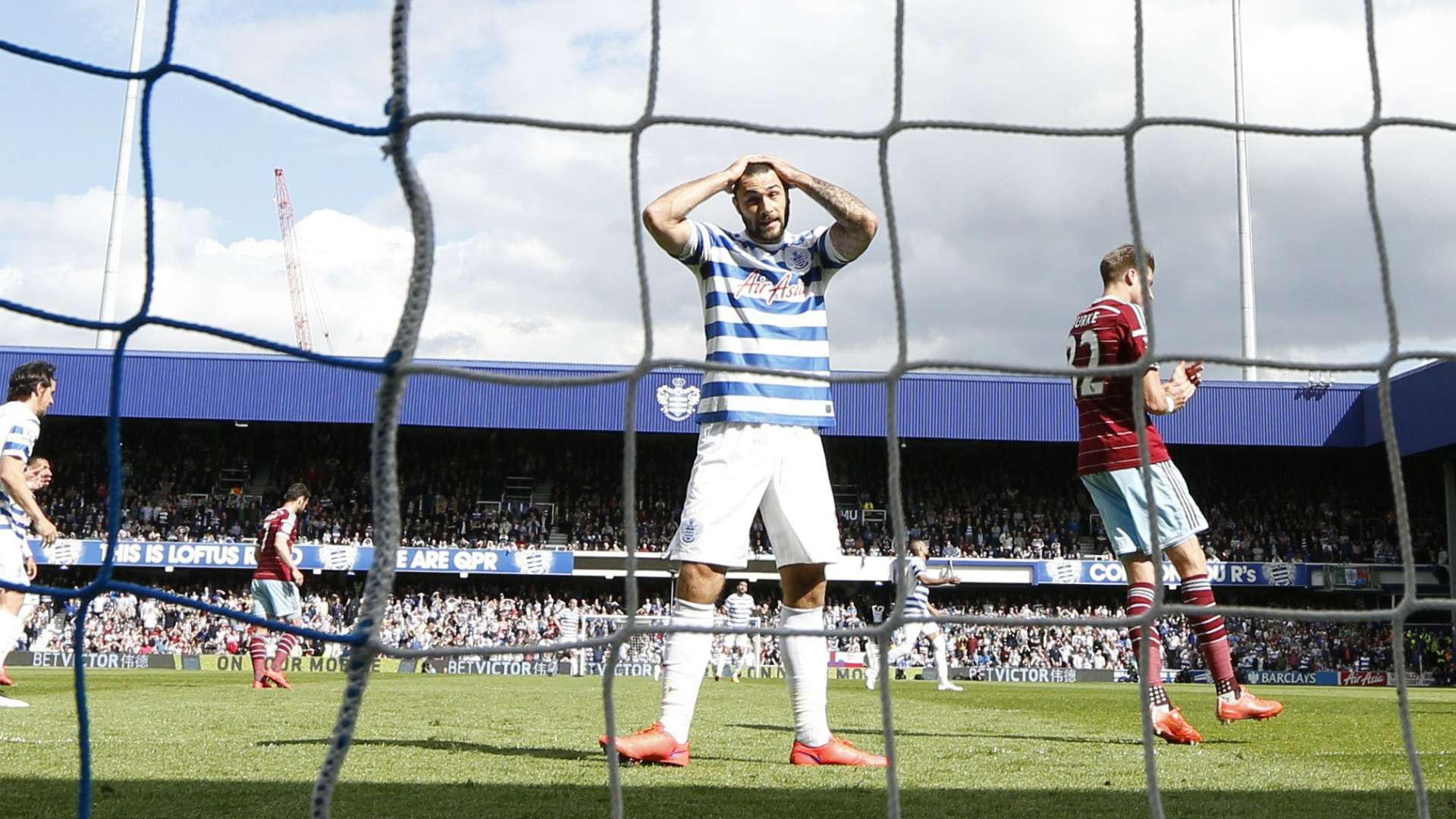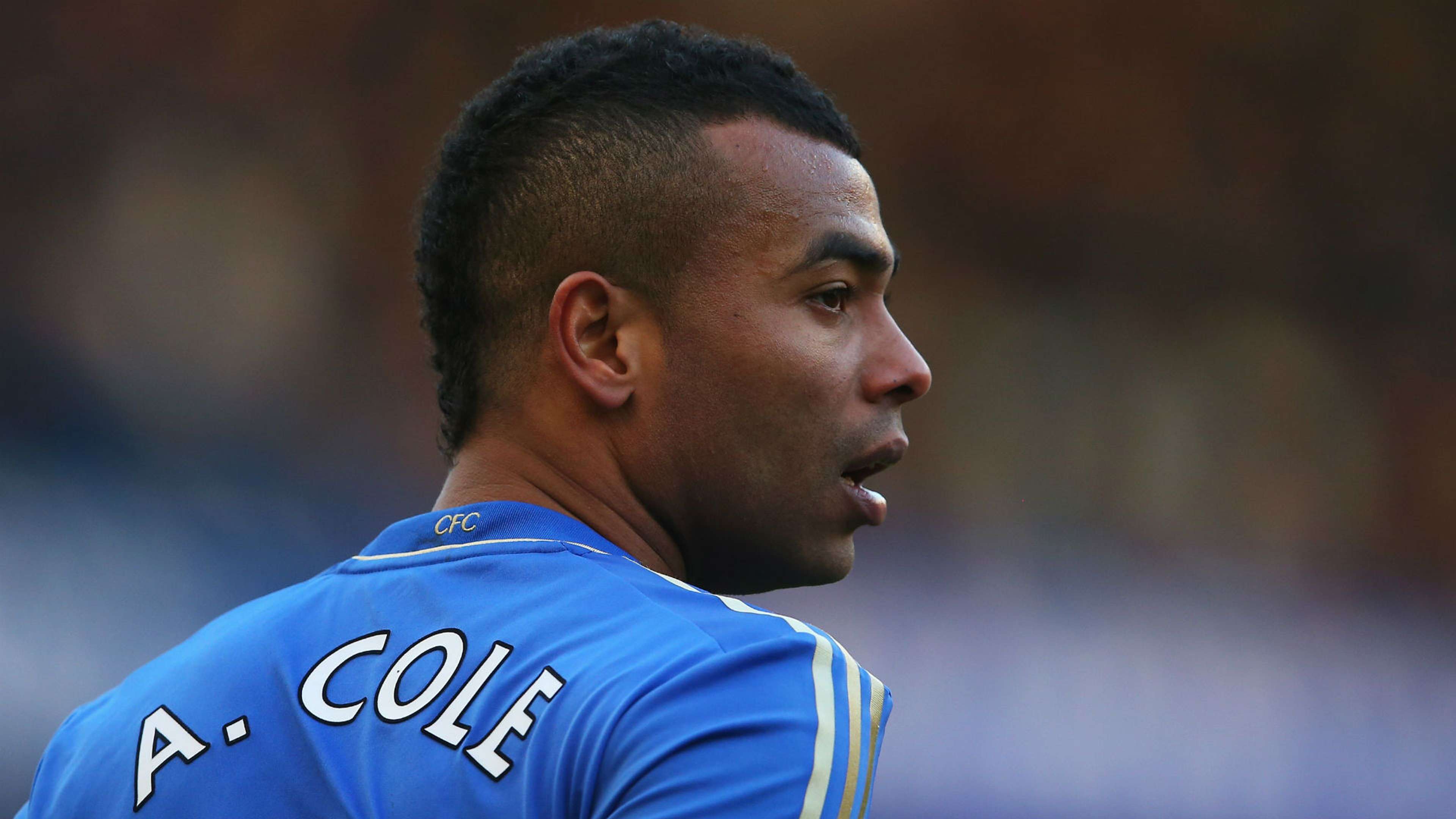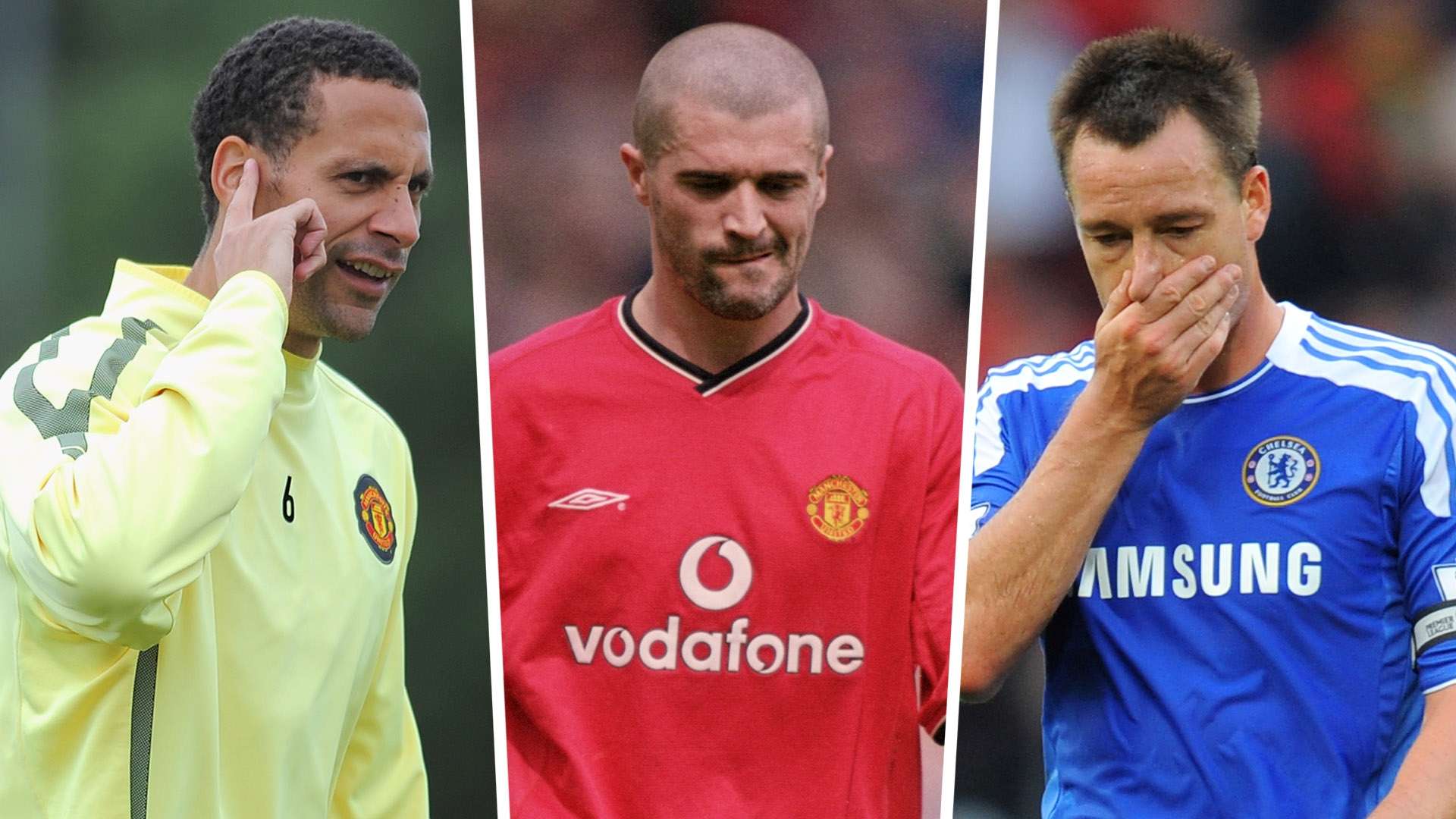Football is big business, with the top clubs raking in millions in prize money, gate receipts and merchandising, while the star players earn astronomical salaries that the man on the street can only begin to dream of.
Despite this, punishments for clubs have been notoriously paltry when it comes to serious offences, with fines for racist chanting, for example, often relatively small considering the finances that are at play at the very summit of the game.
For example, in October 2018, Romania were handed a stadium ban and were fined around £40,000 ($49,000) by UEFA for the racist actions of their fans during a scoreless Nations League draw with Serbia. While there was the additional punishment of a one-match stadium ban on top of this, it was not a significant punishment – and that despite it being a second offence.
By contrast, the FAs of England and Scotland were fined £35,000 and £15,700 respectively by FIFA for wearing poppies on their shirts to commemorate the fallen in the two World Wars. Although the teams were playing each other at Wembley, the Three Lions received a heavier punishment due to being the home side.
Similarly, the FA were slapped with a £16,000 fine when an England Under-20 player was caught drinking a non-sponsored energy drink during the U20 World Cup in South Korea. This came just weeks after Russia had been fined £22,000 as fans chanted racist abuse in a friendly against France.
What are the biggest fines clubs have faced?
 Getty ImagesIn recent years, meanwhile, the most significant fine that UEFA has delivered due to crowd troubles was to Lyon in August 2018. The Ligue 1 side were hammered with a £85,000 fine and a one-game stadium ban for a variety of offences, including setting off fireworks and crowd disturbances prior to a Europa League home fixture against CSKA Moscow.
Getty ImagesIn recent years, meanwhile, the most significant fine that UEFA has delivered due to crowd troubles was to Lyon in August 2018. The Ligue 1 side were hammered with a £85,000 fine and a one-game stadium ban for a variety of offences, including setting off fireworks and crowd disturbances prior to a Europa League home fixture against CSKA Moscow.
While incidents of racism and crowd trouble have attracted typically paltry fines, QPR were the unfortunate club to fall foul of Financial Fair Play legislation, which saw them hammered with a £40 million fine from the English Football League as they won promotion from the Championship to the Premier League in 2013-14, a season in which their turnover was approximately half their wage bill.
QPR appealed the decision and a settlement only made in July 2018, when they paid the EFL £17m, £3m of legal costs and agreed to write off £22m of outstanding loans.
The fine is considered to be the largest ever in sport, far eclipsing the £17m that Manchester City and PSG were forced to cough up for breaching similar UEFA regulations, albeit both clubs had a further £32m suspended punishment hanging over their heads.
West Ham have also been stung by a giant £5.5m fine previously due to rule breaches over the transfers of Carlos Tevez and Javier Mascherano. Additionally, the Irons were ordered to pay Sheffield United £18m in compensation as they were relegated from the top flight in part due to the excellence of the Argentine duo.
In 1994-95, Tottenham were fined a then-record £1.5m for making illegal payments to players – they had initially been ordered to pay only £600,000 before their decision to appeal backfired.
Back on the field, Chelsea and Sours were the recipients of a mammoth fines following a fractious 2-2 draw at Stamford Bridge during the 2015-16 campaign. Each club admitted three counts of failing to control their players, with the Blues hit with a £375,000 fine and the White Hart Lane side order to pay £225,000. It was the fourth time since November 2014 that the hosts had been guilty of such a crime and their punishment was higher as a consequence.
Arsenal had previously received the highest fine for that offence, ordered to pay £175,000 in a notorious draw with Manchester United in September 2003.
What are the biggest fines players have been given?
 GettyIndividual players have not typically been hit so hard in the pocket, with Eric Cantona ordered to pay £20,000 for his notorious kung-fu kick of Crystal Palace supporter Matthew Simmons in 1995, albeit that was an era when even the biggest stars were not paid the astronomical sums of money they are today. Similarly, Paolo Di Canio was fined £10,000 for pushing over referee Paul Alcock in 1998.
GettyIndividual players have not typically been hit so hard in the pocket, with Eric Cantona ordered to pay £20,000 for his notorious kung-fu kick of Crystal Palace supporter Matthew Simmons in 1995, albeit that was an era when even the biggest stars were not paid the astronomical sums of money they are today. Similarly, Paolo Di Canio was fined £10,000 for pushing over referee Paul Alcock in 1998.
As wages have increased, so too have the punishments for stepping out of line, with social media a hotbed of misdemeanours that can be pounced on since Ryan Babel was the first player to be censured for posting a picture of referee Howard Webb in a Photoshopped Manchester United strip.
While players have grown increasingly savvy of the pitfalls of Twitter, Ashley Cole was ordered to pay £90,000 in 2012 after describing the FA as a “bunch of t***s” on the platform.
During his playing days, Rio Ferdinand was a repeat offender, fined £25,000 and £45,000 on separate occasions for social media controversy.
Even before the digital age really began, though, players could be caught for their comments in the media, as Roy Keane discovered when he was given a record fine of £150,000 for admitting in his autobiography that he intended to injure Manchester City midfielder Alfie Haaland, whose career was effectively ended by the challenge.
John Terry, meanwhile, was found guilty by the FA – but not criminal courts – of using racial language against Anton Ferdinand in October 2011 and was banned for four games and fined £220,000.
No list of ill-discipline would be complete without a Joey Barton reference. While playing with QPR against Manchester City in a 2012 fixture that is remembered for the Citizens’ astonishing comeback to win 3-2 and with it the league, he was dismissed but then kicked out at Sergio Aguero and Vincent Kompany. As such, he was banned for 12 games, handed a £75,000 fine by the FA and fined six weeks’ wages by his club.
While internal disciplinary proceedings are harder to calculate, it is estimate that Carlos Tevez was fined a total of £1.2m by Manchester City after he went AWOL – the total of his wages for six weeks of absence.
With increasingly more money riding on fixtures, these figures are set to spiral in the years ahead as clubs and players need greater incentives not to step out of line.
